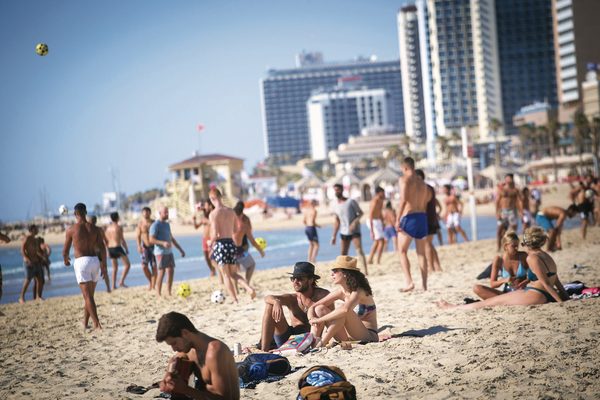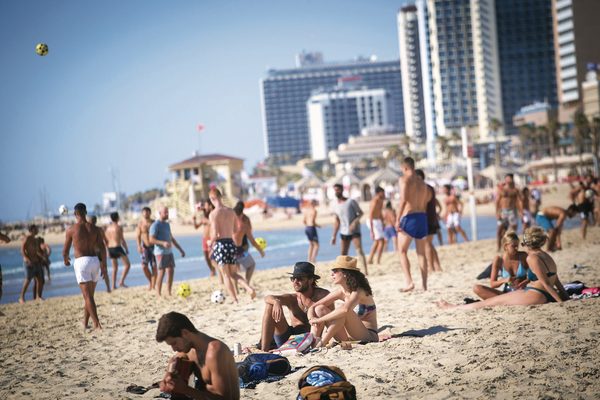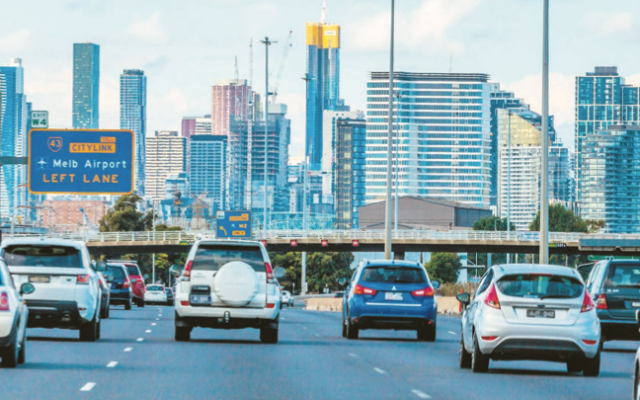Navigating immigration and border control during a pandemic
Founder and managing director of IMC Migration, Ivan Chait, answers some pressing questions about the current state of border control and immigration to Australia.
Having been involved in the Australian migration sector for the past 35 years, what has been your focus to date?
My migration practice has always focused primarily on the family and economic migration categories. This includes business and investment visas, and employer-sponsored temporary and permanent residence visas. In the family migration area, we assist with parent visas as well as spouse and de-facto spouse applications. We also advise on, and prepare applications for, Australian Citizenship and Resident Return visas. More recently, we have also been actively involved with the new Global Talent visa program.
The past year has resulted in significant changes to border control and visas due to COVID-19. Could you outline the current situation for individuals who are hoping to immigrate to Australia?
The current priority of Australia’s migration program is applications which will assist in Australia’s COVID-19 recovery. In addition and separate to the visa criteria, Australian Border Force has imposed strict controls over who can enter and leave Australia. There are, however, certain exemptions from the specified travel restrictions available for specified people. This includes, but is not limited to: Australian citizens, permanent residents of Australia, New Zealand citizens who are usually residents in Australia and their immediate family members, and a person who holds a business innovation and investment (subclass 188) visa and people included as having a critical skill.
How is IMC Migration helping individuals who are trying to immigrate to Australia?
IMC Migration continues to provide a full immigration service, including preparation of applications for temporary and permanent residency in Australia. In addition, we are assisting eligible applicants to gain permission from Australian Border Force to enter Australia given the current COVID-19 lockdown. By way of example, we have assisted couples in which one partner is an Australian citizen or permanent resident, and the other is a foreign national who has found themselves overseas when Australia’s travel restrictions were introduced. In these cases, the couples were in a long-standing relationship and it was possible to obtain permission for the foreign national to enter Australia on a visitor visa and by so doing, the couple could travel to Australia.
What is the current situation for skilled migrants coming to Australia?
Australia’s current focus is on attracting skilled migrants who can make a positive impact on Australia’s COVID-19 recovery. This includes people in the critical skills sectors or applicants with occupations on the Priority Migration Skilled Occupation List (PMSOL), some of which include: general practitioners, construction project managers, midwives, chief executives or managing directors, software engineers or social workers.
What are some of the commonly held misunderstandings about border control and visas that you have observed during COVID-19?
Perhaps the most common misunderstanding is that the Australian department of home affairs (DOHA) is closed and that it is not possible to lodge a visa application under any visa category. DOHA is, in fact, accepting visa applications as normal. One difference, however, is that processing priorities have changed and applicants involved in a critical sector or an occupation included on the priority migration skilled occupation list are receiving higher priority. Applicants not in these groups are a low priority and can expect lengthy delays. This includes visitor visa applications where the applicants are not in Australia at the time of lodging the application.
How do you anticipate the roll-out of the COVID-19 vaccine might impact immigration trends?
Although no official announcements have been made, it is likely that people who have not had the COVID-19 vaccine will be unable to board international flights. Having said that, in terms of immigration trends, I continue to experience strong demand for permanent and temporary residence applications in Australia. The way in which the Australian government is responding to the pandemic, and the positive results we are experiencing, have been an excellent advertisement for Australia. In my opinion, there will continue to be strong demand for permanent and temporary residence in Australia even if it means a longer than normal wait for applications to be processed.
www.imcmigration.com
Enquiries: ivan@imcmigration.com or phone 0418 404 604
Promotional feature





comments